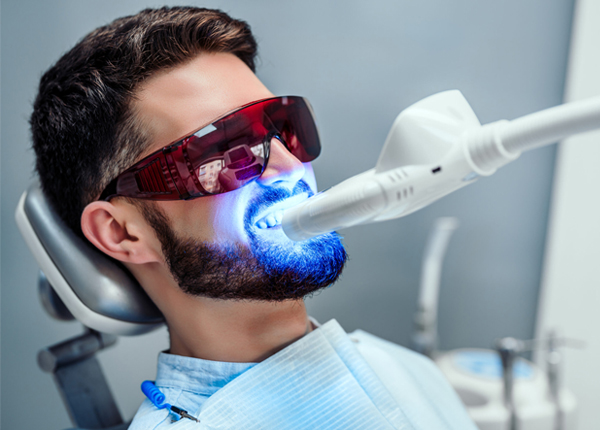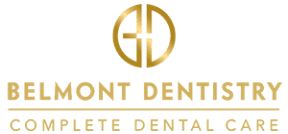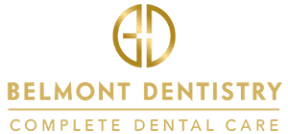BOOK ONLINE
Laser dentistry has become increasingly popular in recent years, replacing traditional dental practices and offering more precise and less painful treatments. This innovative approach to dentistry involves using powerful beams of light from a dental laser to perform various procedures, such as shaping and removing soft tissue.
In 1990, the FDA approved laser dentistry as a safe option for the public. Since then, many dentists have integrated dental lasers into their everyday procedures, resulting in reduced bleeding, anxiety, and recovery time for patients. One of the major advantages of dental lasers is that they cause minimal damage to the surrounding tissue compared to traditional techniques, resulting in less discomfort and pain.

Here are some of the other benefits associated with laser dentistry
Heal faster and regenerate tissues more quickly.
Preserving a greater amount of the natural tooth.
Less bleeding experienced during and after treatment.
Less anesthesia required.
Less reliance on stitches and sutures.
After procedures, the risk of bacterial infections is reduced.
How can laser dentistry help me?
Dental lasers- have the ability to reshape soft tissue in various ways. They can dissolve soft tissue to reveal more of the natural tooth, enhance the appearance of "gummy smiles," and eliminate discomfort caused by denture wear.
Frenectomy– Lasers can untie the tongue, improving speech and feeding habits for babies, children, and adults.
Tumor removal- Dental lasers can painlessly remove benign tumors that have developed in the soft tissue areas of the mouth.
Periodontal Disease- Laser is routinely used for Bacterial reduction in your gum pockets to achieve healthy tissue and bone.
How Are Laser Procedures Performed?
There are various types of dental lasers designed to treat different conditions. Each laser utilizes a specific wavelength of light, which determines its optimal use. The most commonly used dental lasers are carbon dioxide lasers and diode lasers, primarily employed for treating soft tissue issues. The dentist will assess the situation through X-rays and a thorough examination to determine the most suitable laser type to use.
To protect the eyes from the intense brightness of the laser beam, special glasses will be provided. The dentist will then target the affected area with the laser beam, carefully dissolving soft tissue, hardening fillings, or whitening teeth.
Compared to traditional methods, laser dentistry is quicker, causes less anxiety, and is less uncomfortable. However, it may be more expensive.
If you have any questions or concerns regarding laser dentistry, please consult your dentist.


